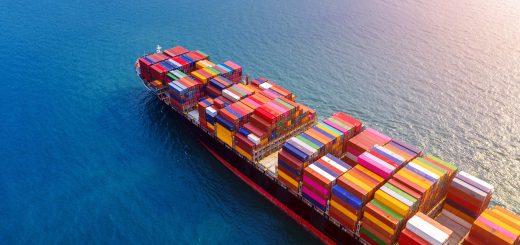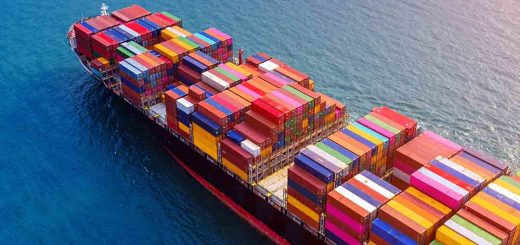The Importance Of De-consolidators in Less Than Container Load (LCL) Logistics

What is Less Than Container Load (LCL) Shipping?
Less than container load (LCL) refers to a shipment that does not fill a full container. In other words, it is a type of shipping that is used for cargo that does not require a full container to be transported. Less than container load shipments are typically consolidated with other cargo that is being shipped to the same destination, and the cost of shipping is shared among all the parties involved. This is a cost-effective way to transport smaller shipments, as it allows multiple shipments to be combined into one container, reducing the overall cost of shipping.
Less than container load shipments are commonly used in international trade, where smaller businesses or individuals may not require a full container to transport their goods.
As demand for the importation of Less Than Container (commodity) goods continues to maintain steady growth across the world, so also is the demand for dependable last mile de-consolidators at destination countries. This is because most of these retail traders or SMEs aim to save time, cut cost and secure every available technical assistance – ranging from documentation, cargo handling, to delivery.
A Consolidator in China, for instance, may have an assortment of SMEs, retailers or traders in Nigeria who depend on their services for the importation of Less than container shipments but can hardly sustain or maintain these customers without a competent de-consolidator to perform all the destination formalities – including documentation and last mile deliveries.
We can hardly exhaust the pivotal place of the De-Consolidator in the LCL Logistics equation, but they are notable for key activities such as:
Business Relationship Management: De-Consolidators are the key connectors between the Consolidators and the customer at cargo destination countries. They stand in the gap and help the Consolidators to maintain healthy business relationship between them and their customers. This is particularly so because Consolidators may never get to know these customers or have any physical encounters with them but are able to meet their needs and deliver as promised through the help of a reliable De-Consolidator.
Performance of Regulatory Formalities: Given that there are rules and regulations governing cross-border trade in every country, Consolidators rely on the technical expertise of De-Consolidators at destination countries to process the requisite documents, sort-out statutory charges and ensure that containers are released from carriers, terminals where the containers are dropped; movement of containers to designated bonded warehouses where the consignments are de-grouped and Customs-cleared for and delivered to individual consignees.
Generally, the role of the De-Consolidator can take the following among many other shapes:
- They leverage Information Technology to facilitate the tracking of shipments from origin, providing shipment up-dates to consignees and local stores.
- Supervise the unloading of containers and sorting of cargoes according to individual Bills of Lading.
- Help retailers and SMEs to distribute products to customers faster, better and mostly at a reduced inventory cost.
- De-consolidators are effective salespeople who nominate customers with Less Than Container shipments to Consolidators in countries from where those goods are to be imported.
- Reliable Deconsolidators are great consultants to both Consolidators and their customers. They can provide useful guides on regulatory requirements to LCL shippers. On the other hand, they are well positioned to provide information on market opportunities and trends in their respective countries to Consolidators who are either dealing with customers in the said countries or are interested in exploring the opportunities in such markets.
A lot have been either written or said about LCL Consolidation and most times with focus on the Consolidator but we must understand that while the job of the Consolidator is to gather small individual (LCL) shipments; owned by different people with different Bills of Lading at origin, a De-Consolidator (like Fortune Global Shipping & Logistics) ensures that upon arrival at destination country (Nigeria for instance), containers are picked-up from terminal to bonded warehouses where regulatory formalities are performed, consolidated shipments broken-down (deconsolidated, degrouped and sorted) before they are delivered to individual consignees.
That is why the place of Deconsolidators in LCL logistics is quite pivotal, given that the relationship between them and Consolidators can be likened to that of the neck and the head. While the Consolidator is the head, the Deconsolidator is the neck. Neither of them can function without the other.
Read more: Benefits of LCL Consolidation



